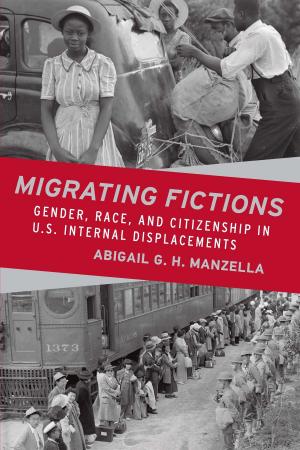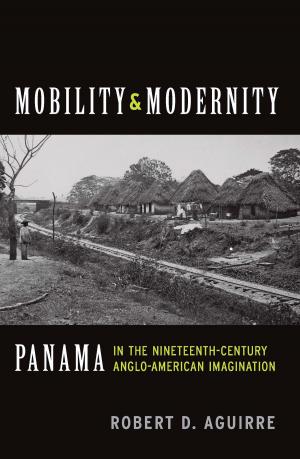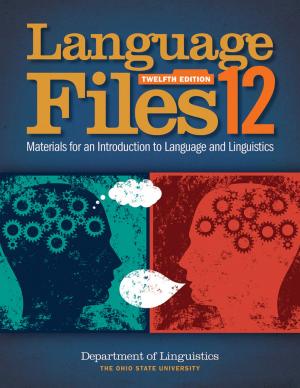Rhetoric as a Posthuman Practice
Nonfiction, Reference & Language, Language Arts, Public Speaking, Rhetoric, Communication| Author: | Casey Boyle | ISBN: | 9780814276532 |
| Publisher: | Ohio State University Press | Publication: | October 10, 2018 |
| Imprint: | Ohio State University Press | Language: | English |
| Author: | Casey Boyle |
| ISBN: | 9780814276532 |
| Publisher: | Ohio State University Press |
| Publication: | October 10, 2018 |
| Imprint: | Ohio State University Press |
| Language: | English |
In response to the pervasiveness of emerging communication technologies, Rhetoric as a Posthuman Practice argues that information be understood as an embodied, material practice. The guiding proposition for this book is that digital rhetoric now concerns how bodies, broadly construed, become informed through practice that includes not only traditional communication activities between bodies but also how information technologies organize and exercise those varying bodies.
Through case studies of the media art of glitch, urban explorers’ use of social media, and DIY digital networks, this book then reconsiders how practice/exercise functions when the once essential bodies of the individual and a society—the two primary categories authorized by a humanist paradigm—become less reliable categories from which we might orient rhetorical action. In sum, the book argues that rhetorical practice is irreducible to the traditions and categories of humanism and must now exercise its posthuman capacities.
In response to the pervasiveness of emerging communication technologies, Rhetoric as a Posthuman Practice argues that information be understood as an embodied, material practice. The guiding proposition for this book is that digital rhetoric now concerns how bodies, broadly construed, become informed through practice that includes not only traditional communication activities between bodies but also how information technologies organize and exercise those varying bodies.
Through case studies of the media art of glitch, urban explorers’ use of social media, and DIY digital networks, this book then reconsiders how practice/exercise functions when the once essential bodies of the individual and a society—the two primary categories authorized by a humanist paradigm—become less reliable categories from which we might orient rhetorical action. In sum, the book argues that rhetorical practice is irreducible to the traditions and categories of humanism and must now exercise its posthuman capacities.















